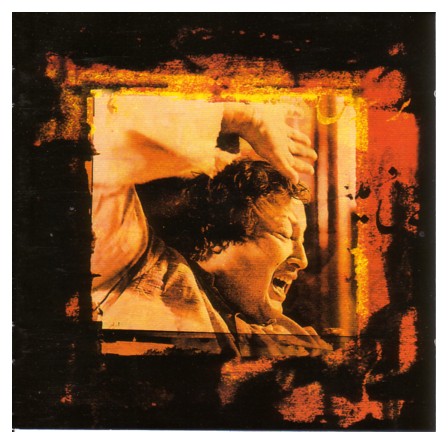Samstag, Februar 4, 2006, 17:58 - MUSIK
Nicht mit dem Ziel abgereist, diese CD zu suchen; daher wohl - ausgerechnet, und endlich - in Paris gefunden... erst jetzt wird mir die sinnige Bedeutung zweier Titel darauf klar: "Waiting for years" und "Mother, I have to go to Nusrat Fateh Ali Khan & Party: Body and Soul.
...........
 ..........
..........Artists as diverse as Massive Attack, Eddie Vedder and Peter Gabriel acknowledge Nusrat Fateh Ali Khan as one of the world's most inspired and inspiring singers.
Nusrat Fateh Ali Khan (1948 - 1997) was a true international sensation, fusing traditional Pakistani and Indian chants with Western pop and classical forms, bridging political divides in the process.
He composed music for several films of international repute, including Martin Scorsese's "Last Temptation of Christ", Oliver Stone's "Natural Born Killers" and Tim Robbins' "Dead Man Walking" (including two duets with Eddie Vedder).
Late Jeff Buckley described his first experience of hearing the voice of Nusrat, saying, “The first time I heard the voice of Nusrat Fateh Ali Khan was in Harlem in 1990. My roommate and I stood there blasting it in his room. We were all-awash in the thick undulating tide of dark Punjabi tabla rhythms, spiked with synchronized handclaps booming from above and below in hard, perfect time. I heard the clarion call of harmoniums dancing the antique melody around like giant, singing wooden spiders. Then, all of a sudden, the rising of one, then ten voices hovering over the tone like a flock of geese ascending into formation across the sky. Then came the voice of Nusrat Fateh Ali Khan. Part Buddha, part demon, part mad angel -- his voice is velvet-fire, simply incomparable. Nusrat's blending of classical improvisations to the art of Qawwali, combined with his daredevil style and his sensitivity, puts him in a category all his own, above all others in his field. His very enunciation went straight into me. I knew not one word of Urdu, and somehow it still hooked me into a story that he wove with his wordless voice. I remember, my senses fully froze in order to feel melody after melody crash upon each other in waves of improvisations; with each line being repeated by the men in chorus, restated again by the main soloists, and then Nusrat setting the whole bloody thing aflame with his rapid-fire scatting, turning classical Indian Solfeggio (Sa, Re, Ga, Ma, Pa, Dha, Nisa) into a chaotic/manic birdsong. The phrase burst into a climax somewhere, with Nusrat's upper register painting a melody that made my heart long to fly. The piece went on for fifteen minutes. I ate my heart out. I felt a rush of adrenaline in my chest, like I was on the edge of a cliff, wondering when I would jump and how will the ocean catch me.”